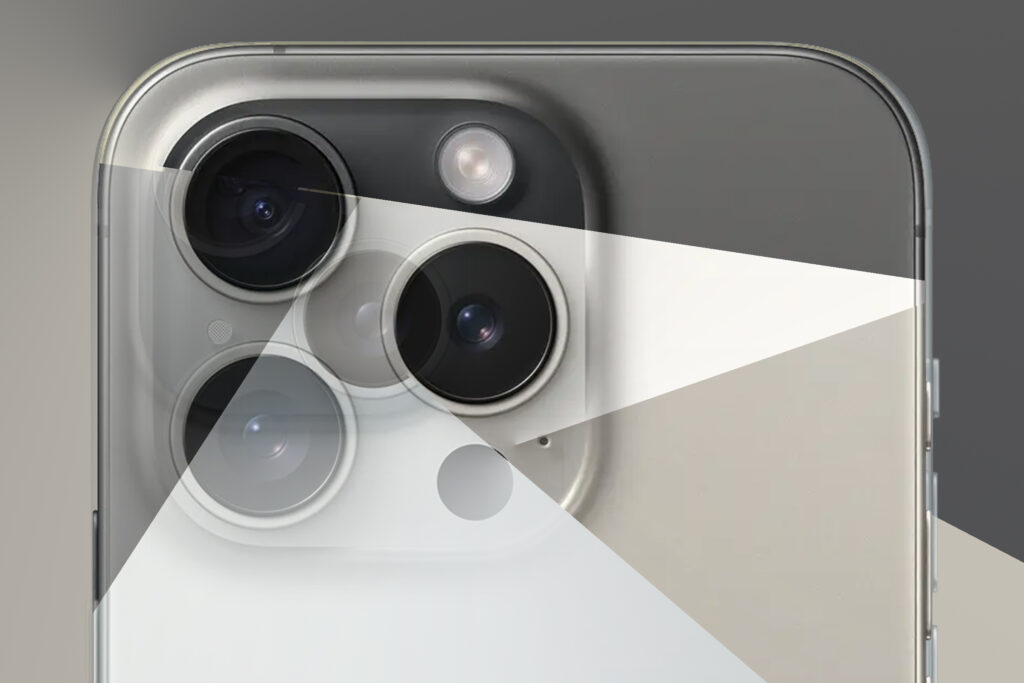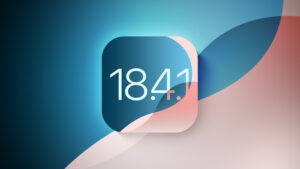How the iPhone 16’s camera will usher in a new era of ‘Shot on iPhone’ photos

iPhones have long been the go-to camera for most users as they output exceptional shots and are always on hand. Apple also encourages iOS users to capture and share their special moments by actively highlighting their best photos on its Instagram page. While the existing models already pack highly capable hardware, Apple could change the mobile photography game yet again with the iPhone 16 series.
Here are some of the reasons why the iPhone 16 can make #ShotoniPhone a big thing again.
Capture button
One of the most notable additions reportedly coming to the iPhone 16 series is an all-new Capture button. According to the rumors, users will be able to gently press this capacitive button to trigger autofocus, press all the way to shoot, and swipe on it to zoom in or out. These various button actions will be accessible to developers via an API so they can assign different presses or swipes to whatever function they want, users can choose which photography app opens when the Capture button is first pressed.
Personally, I’ve been using my iPhone 15 Pro Max’s Action button as a camera shortcut since day one. A single press launches the Camera app, and subsequent ones take photos. While I generally appreciate the Action button and its assigned functionality, there are a couple of annoyances that the upcoming Capture button may address.
For starters, I often shoot in landscape orientation, which places the Action button in an awkward position. The Capture button should resolve this, as it will reportedly live on the opposite edge of the device. This would make interacting with it more intuitive, as the index finger would naturally rest in that spot.
The other struggle I face when using the Action button as a camera shortcut is how stiff the button itself is. By design, when compared to the volume buttons, you need to apply more pressure on the Action button for it to register your press. Pressing too hard often shakes my iPhone, which ruins precisely-framed shots. I would like to believe that the Apple engineers working on the Capture button are aware of these issues and will make the Camera button more sensitive to pressure.
Regardless of how it will work, I’m excited to have a dedicated button for camera-related actions that go beyond just shooting. Its support for swipe gestures and multiple pressure-based inputs should be a game changer compared to the simpler Action button.
Sharper ultra-wide camera
The iPhone 14 Pro models upgraded the main camera sensor resolution to 48MP. This contributes to the image quality, even when a user has opted for 12MP output. Thanks to the pixel binning technology, the iPhone merges the data of four pixels into one, resulting in superior photos, especially in dimly-lit setups.
With the iPhone 16 Pro models, Apple is expected to give the ultra-wide lens a similar treatment. For those unfamiliar, the ultra-wide lens primarily handles shots taken at 0.5x zoom. By boosting the lens’ resolution to 48MP, these particular shots should look clearer.
Foundry
While both iPhone 16 Pro models should pack 48MP ultra-wide lenses, Apple may include an upgraded variant of this lens in the Pro Max phone. The exclusive lens would reportedly feature a stacked design, contributing to superior performance, dynamic range, and noise control.
Tetraprism lens on both Pro models
Last year, the iPhone 15 Pro Max debuted with an exclusive tetraprism lens that unlocked 5x optical and 25x digital zoom. Rumors now suggest that Apple will make this available on the regular-sized Pro model this year, boosting its telephoto from 3x to 5x.
Similarly, Apple may introduce a super periscope lens as an iPhone 16 Pro Max exclusive this fall. If this rumor turns out to be true, the larger flagship should boast a wider zoom range and extend the optical zoom beyond just 5x.
I wholeheartedly hope we see the super periscope lens this year, as the iPhone 15 Pro Max’s zoom is still somewhat lacking. Sure, it has significantly improved when compared to its predecessors. There’s still plenty of room for improvement, especially when compared to some other rival phones.
Spatial video recording for all
The camera upgrades for non-Pro iPhone 16s may be limited to the new Capture button and a slightly improved Ultra Wide camera that supports Macro shots. Nevertheless, Apple may bring an iPhone 15 Pro exclusive to the regular 16s next month. Based on iPhone 16 and 16 Plus dummy units, it appears that the company will switch back to vertically aligned rear cameras. This should enable the lower-end iPhones to shoot spatial video for the first time. Given Apple Vision Pro’s unpopularity, this may not be the most enticing new camera feature, but it sure is a welcome, nice-to-have addition.
Thiago Trevisan/Foundry
Revamped Photos app
This year’s camera upgrades may not be limited to just new hardware. With iOS 18, Apple completely overhauled the Photos app, making it modular and highly customizable. While the redesigned application has received a ton of negative feedback on online corners, users can easily simplify it by removing the overwhelming sections they don’t need. Ultimately, the update should help iPhone photographers better manage their libraries, as it allows them to fully personalize the app to better suit their workflows.
Beyond the redesigned Photos app, an iOS 18 update coming later this year will introduce a new Clean Up feature. Through this upcoming addition, users will be able to remove unwanted elements from their photos without needing to rely on third-party software.
A similar Retouch tool has long existed on macOS. However, it’s not as advanced as its Clean Up successor that Apple previewed at WWDC24. More importantly, though, it’ll be available on iPhones for the first time, which will make editing photos on the go more doable.
An Apple Intelligence boost
Almost every WWDC, Apple intentionally conceals some upcoming OS features and instead reveals them during its fall event. This year should be no different, and I presume the iPhone 16 will offer exclusive Apple Intelligence features powered by the upcoming A18 Pro chip.
To be honest, I don’t see Apple bringing wild AI photography effects like those of Google’s Pixel, as the company generally tends to stick to the mild and safe. Asking AI to completely reimagine a photo’s setting just doesn’t seem very Apple-like to me, but I could be wrong.
Instead, the company could rely on its Neural Engine to better identify subjects and environments to optimize their looks and colors accordingly. For example, even the latest iPhones continue to suffer from the lens flare issue, especially when shooting at night. Apple could realistically rely on AI to conceal these flaws if it’s unable to address them with hardware.
Entering a new #ShotoniPhone era
It’s no secret that Apple has been actively upgrading its iPhone cameras and their features as of late. Just recently, the firm introduced the Final Cut Camera app, which brings power-user video recording tools to the iPhone. Meanwhile, the built-in Camera app has supported RAW photography for a few years now.
With the iPhone 16, Apple could advance mobile photography even further. A dedicated Capture button, upgraded ultra-wide lens on the Pro models, super periscope lens on the highest-end variant, and potential undisclosed Apple Intelligence features focused on images could demonstrate the company’s confidence in the iPhone’s photographic capabilities more prominently than ever before.
iPhone 16 is the next iPhone to arrive on September 9 and will be followed in 2025 by the iPhone 17 and iPhone SE 4. The new iPhone will arrive at the September 9 Glowtime event—find out how to watch the Apple September event live stream. For iPhone SE 4 and other new Apple products, see when is the next Apple event. You might also like our iPhone buying guide, best iPhone deals, and comparison of every iPhone that is available to buy today.




